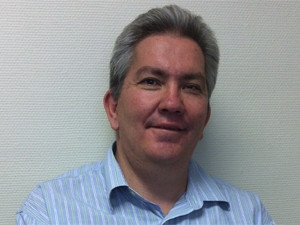
Improved broadband penetration boosts gross domestic product (GDP).
This is the word from Ronald Bartels, head of services at iBurst.
"As soon as broadband becomes more prevalent, it triggers communications optimisation, which immediately facilitates the region becoming more economically active," notes Bartels.
In SA, regulators have tried to bring down the cost of voice communication for consumers, with new regulations in place to further reduce these costs. But the data component of the broadband equation has been overlooked, Bartels says, which he acknowledges seems counterproductive, as consumers increasingly call for more cost-effective and reliable data offerings.
When discussing data, one is also talking about SMS, says Bartels, adding that because SMS interconnect rates are not standardised, sending an SMS in SA is one of the most expensive forms of data exchange in the world. The US and Europe have cheap broadband because they have very low interconnect rates, he adds.
In order to achieve a similar situation in SA, the major operators need to emulate their European and US counterparts by actively participating in Internet exchanges or by drastically reducing their data rates, says Bartels. This will improve SA's GDP and make broadband more cost-effective for the common consumer, he adds.
"Yes, broadband in SA is expensive, but the single biggest contributing factor is the high rate the major operators charge for data connection between themselves," Bartels says, pointing out that this drives many operators to host their services in locations that are tens of thousands of kilometres away.
As an example, he pointed out that even the Universal Service and Access Agency of SA, which looks to promote broadband penetration in SA, hosts its Web site in Arizona in the US. "It is extremely ironic that an organisation with a stated goal to promote broadband in SA does not use SA-based services and facilities to make its presence known," he said. "But this agency is not alone; there are many examples of this kind of practice."
When these types of organisations and companies go overseas to host their services, it has a cascading effect. And instead of South African broadband services coming down in price, they will remain at a disproportionably high price, he notes.
According to Bartels, there isn't a single solution to solving broadband access problems in SA, citing the geographical diversity of SA as one of many stumbling blocks. Combining wireless, copper, fibre and satellite is the best option for SA, because different broadband deployments suit different regions, he concludes.
Share